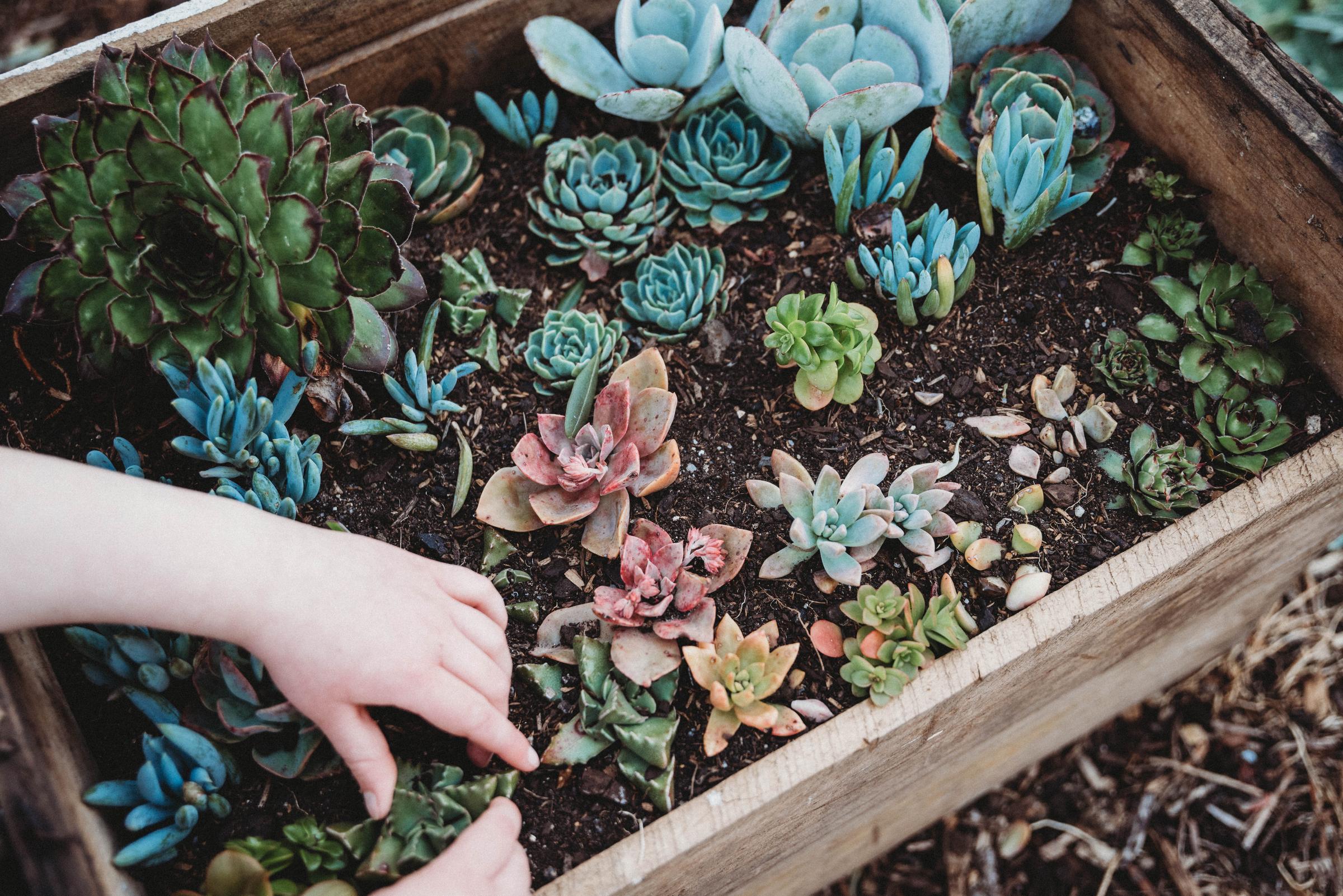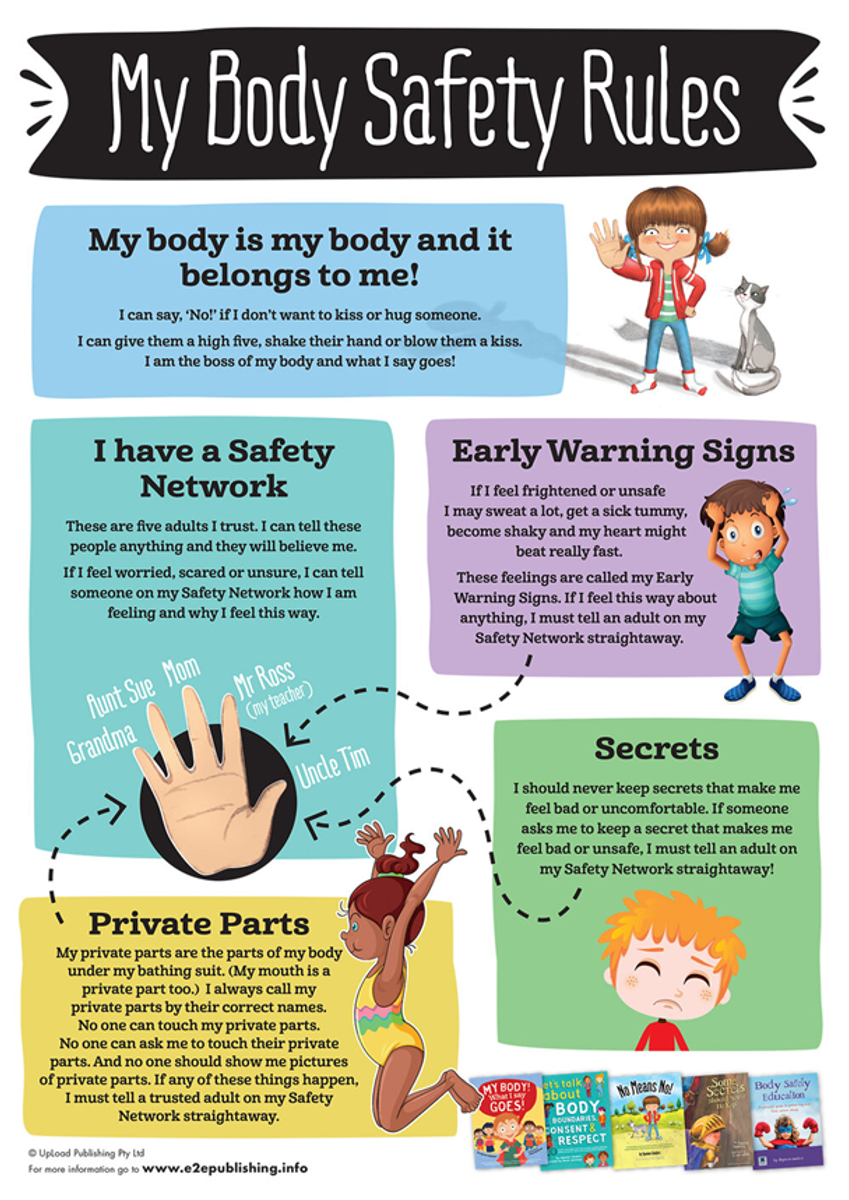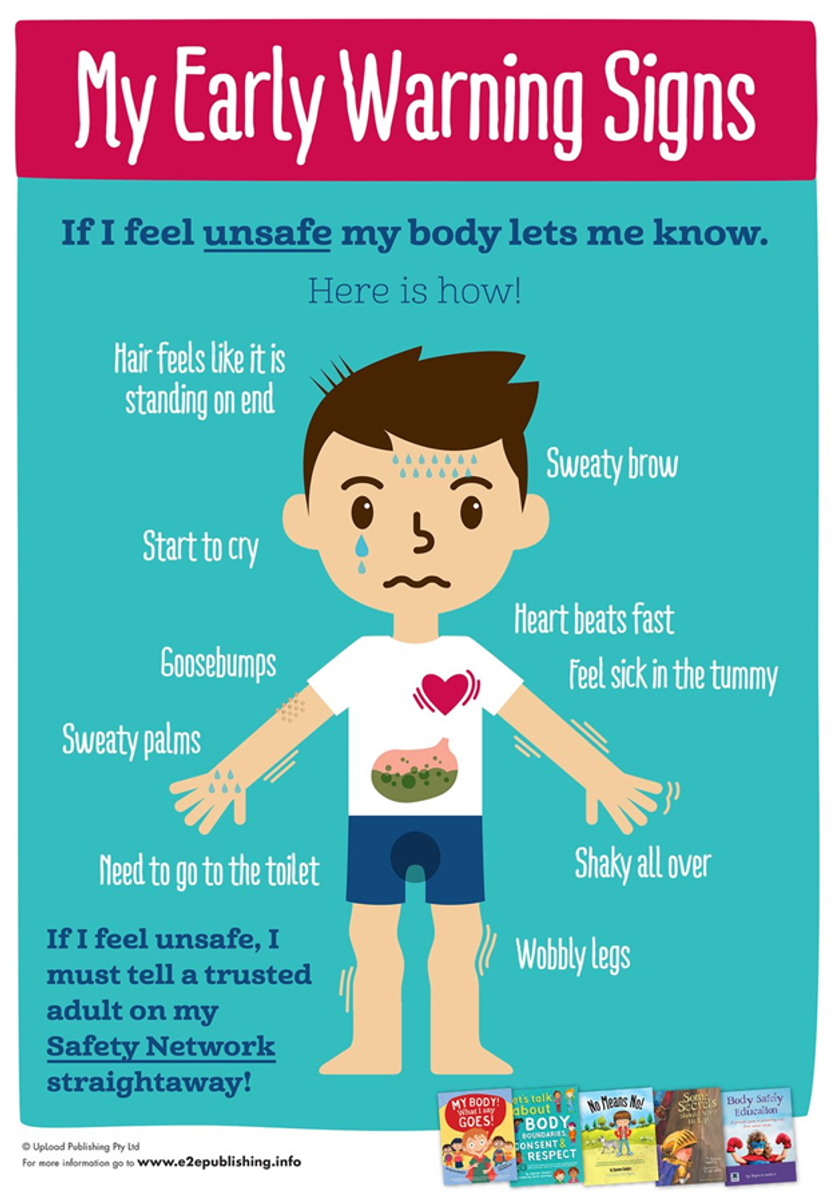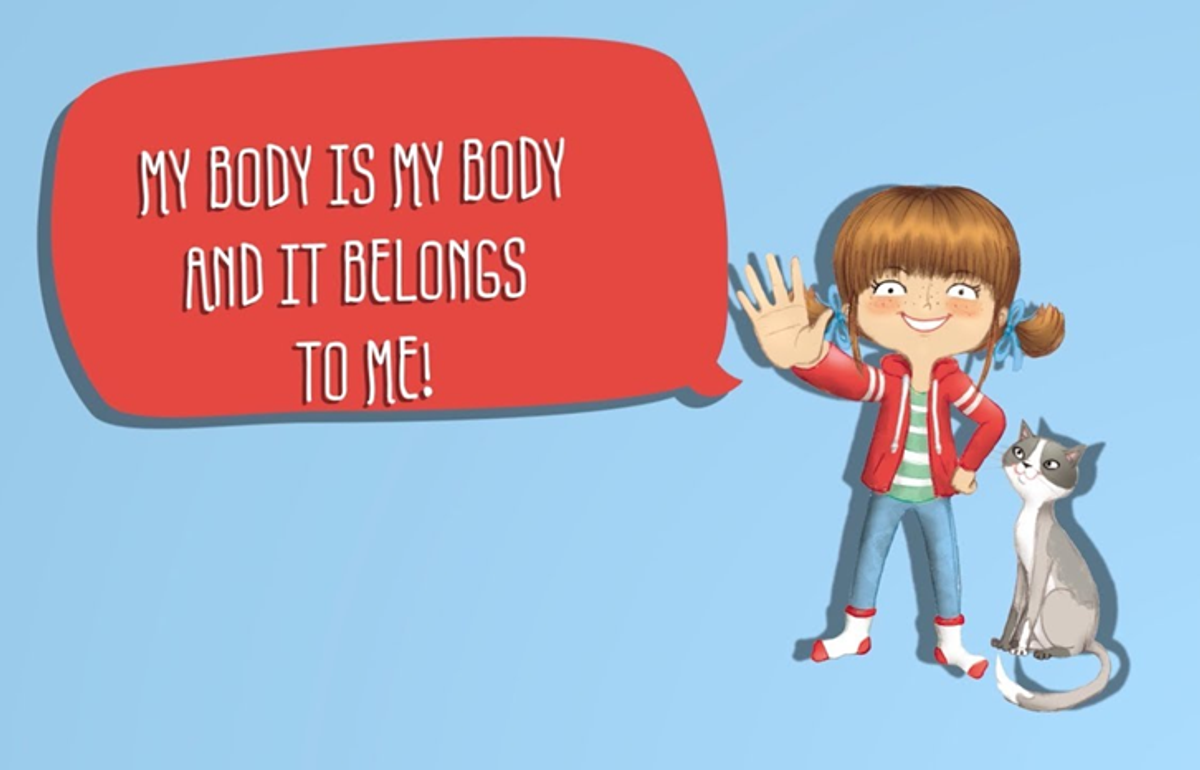Wellbeing with Mr Lindsay

Wellbeing at Teesdale Primary School
Teaching Body Safety
As parents, teachers and community members, what can we do to ensure both our children and children we come in contact with are protected, informed and safe?
The most vulnerable age for children to be exposed to sexual abuse is between 3 and 8 years with the majority of onset happening between these ages (Browne & Lynch, 1994). We teach road safety and we teach water safety—it is imperative we teach children Body Safety.
If you are concerned about teaching your child these skills, just keep in mind they are age-appropriate, non-graphic, and they also encourage your child to be assertive—a crucial skill in any bullying situation, and a great attribute to have when your child becomes a teenager. The following information has been borrowed from Jayneen Sanders.
As soon as your child begins to talk and is aware of their body parts, begin to name them correctly, e.g. toes, nose, eyes, etc. Children should also know the correct names for their genitals from a young age. Try not to use ‘pet names’. This way, if a child is touched inappropriately, they can clearly state to you or a trusted adult where they have been touched.
Teach your child that their penis, vagina, bottom, breasts and nipples are called their ‘private parts’ and that these are their body parts that go under their swimsuit. Note: a child’s mouth is also known as a ‘private zone’.
Teach your child that no-one has the right to touch or ask to see their private parts, and if someone does, they must tell you or a trusted adult straightaway. Reinforce that they must keep on telling until they are believed. (Statistics suggest that a child will need to tell three people before they are believed.)
Help your child to identify five trusted adults they could tell. These people are part of their ‘safety network’. Have your child point to each digit on their hand and say the names of the people on their 'safety network'. Note: at least one person on their 'safety network' should NOT be a family member.
Teach your child that if some-one (i.e. the perpetrator) asks them to touch their own private parts, shows their private parts to the child or shows them images of private parts that this is wrong also, and that they must tell a trusted adult straightaway. Reinforce that they must keep on telling until they are believed.
Talk with your child about feeling ‘safe’ and ‘unsafe’. Discuss times when your child might feel ‘unsafe’, e.g. being pushed down a steep slide; or ‘safe’, e.g. snuggled up on the couch reading a book with you. Children need to understand the different emotions that come with feeling ‘safe’ and ‘unsafe’. For example, when feeling ‘safe’, they may feel happy and have a warm feeling inside; when feeling ‘unsafe’ they may feel scared and have a sick feeling in their tummy.
Discuss with your child their ‘early warning signs’ when feeling unsafe, i.e. heart racing, feeling sick in the tummy, sweaty palms, feeling like crying. Let them come up with some ideas of their own. Tell your child that they must tell you if any of their ‘early warning signs’ happen in any situation. Reinforce that you will always believe them and that they can tell you anything.
As your child grows, try as much as possible to discourage the keeping of secrets. Talk about happy surprises such as not telling Granny about her surprise birthday party and ‘bad’ secrets such as someone touching your private parts. Make sure your child knows that if someone does ask them to keep an inappropriate secret that they must tell you or someone in their ‘safety network’ straightaway.
Discuss with your child when it is appropriate for someone to touch their private parts, e.g. a doctor when they are sick (but making sure they know you must be in the room). Discuss with your child that if someone does touch their private parts (without you there) that they have the right to say: ‘No!’ or ‘Stop!’ and outstretch their arm and hand. Children (from a very young age) need to know their body is their body and no-one has the right to touch it inappropriately.




